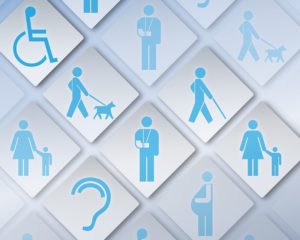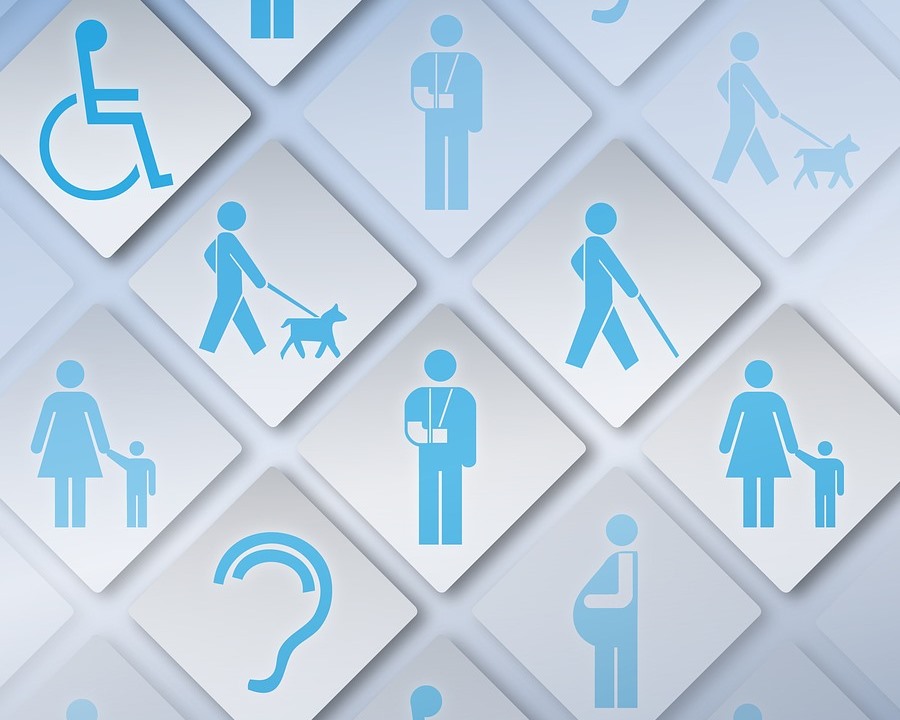 This series explores the law as it operates at the intersections of disability and other aspects of systemic oppression. The pieces show how the law, inherently biased and often void of the intersectional analysis of disability with race, gender, and immigration status, has tangible implications in areas as broad as the criminal justice system, legislative action on abortion, and immigration reform. They accomplish this by dissecting a recent case study featured on NPR of a woman with a disability interacting with the criminal justice system after reporting a sexual assault; analyzing troubling assumptions about mental health and disability in a recently proposed federal legislation; and highlighting an organization’s intersectional approach to immigration reform that attempts to address ableist assumptions undergirding immigration law and policy.
This series explores the law as it operates at the intersections of disability and other aspects of systemic oppression. The pieces show how the law, inherently biased and often void of the intersectional analysis of disability with race, gender, and immigration status, has tangible implications in areas as broad as the criminal justice system, legislative action on abortion, and immigration reform. They accomplish this by dissecting a recent case study featured on NPR of a woman with a disability interacting with the criminal justice system after reporting a sexual assault; analyzing troubling assumptions about mental health and disability in a recently proposed federal legislation; and highlighting an organization’s intersectional approach to immigration reform that attempts to address ableist assumptions undergirding immigration law and policy.
As one contribution to the larger conversation about disability, this series hopes to shine light on the ways in which a single-faceted approach has the potential to further marginalize those living with disabilities, and underscores the need for greater centering of those whose life experiences place them at the margins of political discourse and legal doctrine.

